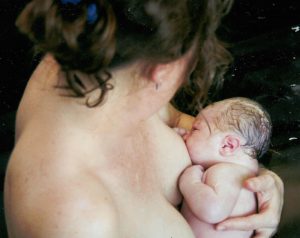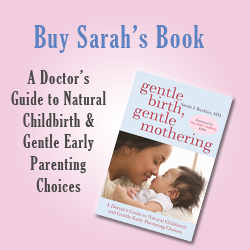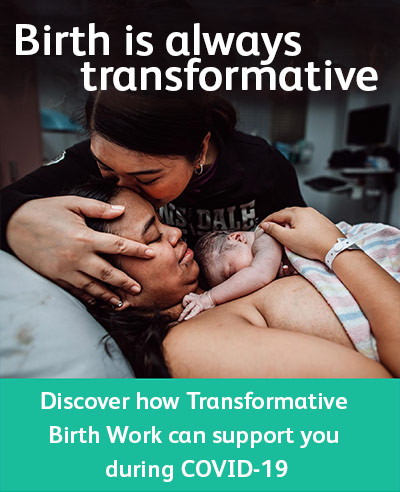From the personal and local, to the national and global, things seem to be getting more extreme and polarised, and it can be easy to sink into despair and hopelessness. Please remember that we have been here before, (the Cold War for example), and we got through that too.
Maybe these collectively intense experiences are necessary to wake us up before it is too late. Or, as one environmental campaigner put it, “The best time to take action on climate change was 30 years ago. The second best time is now.”
But it’s is not just about taking direct political or environmental actions. Those of you who are busy (very busy!) with young children, please know that your contributions are critical to our collective future. Those small daily actions that we take as parents can add up to a transformation on Planet Earth.
Parenting gently and mindfully; raising our children—our future citizens—with love and connection; caring for ourselves and our communities, as best we can; these are huge investments in a peaceful and sustainable future.
As my friend and colleague Robin Grille explains in his exceptional talk for Unicef, our parenting can either promote the release of oxytocin—the hormone of love, calm and connection—or the stress hormone cortisol, in our children’s brains. Repeated experiences of oxytocin, via connection and nurturance, or cortisol, via stress and separation (which is interpreted as a life-threatening stress for a young child), can shape our children’s developing brains towards peaceful cooperation, or aggression and competition.
This makes evolutionary sense. In an environment of scarcity, stress is likely to lead to less attentive, or even harsh, parenting, and orient offspring brain development towards the aggressive, competitive behaviours that will promote individual survival in this situation.
Similarly, cultural norms that promote a more punitive, separating, and/or harsh style of child-rearing may influence whole societies towards more aggressive and competitive interactions, as occurred in pre-Nazi Germany. (See below and also Robin Grille’s book Parenting for a Peaceful World for more about child-rearing norms in relation to world events.)
In this situation, parents can also miss the calming, connecting and health-enhancing effects that come from oxytocin-rich experiences, such as holding, carrying, breastfeeding and co-sleeping with our babies and children. For example, one randomised study found that women who had daily skin-to-skin contact in the first month had lower cortisol levels and lower maternal postpartum depression scores, compared to unexposed women (see below.)
What is revolutionary, and potentially transformational, about these understandings is that they involve epigenetic processes—switching our genes on and off–and can produce changes in a single lifetime.
The radical implication is that human aggression is not inevitably programmed into our genetics, but can be moulded by our earliest experiences.
For example, studies have demonstrated epigenetic changes in the brain oxytocin systems of animal offspring who receive high levels of nurturing in infancy. The “well-mothered “ adults are less susceptible to stress, and females grow up to become highly nurturing mothers themselves, even when genetically predisposed to be less nurturing.
The potential for parenting nurturance to produce epigenetic brain changes that enhance social behaviours in humans has been called “Neurosocial Evolution.” According to Robin Grille, this process has been gathering pace for some time, associated with widespread shifts in parenting norms and laws that increasingly promote children’s wellbeing.
For example, a growing number of countries are now giving children the same legal protection against physical violence as adults by outlawing spanking and other physical punishments. And the UN-endorsed Declaration of Rights of the Child (1959) would have been unthinkable 100 years previous.
In parallel with this evolution in parenting attitudes and practices, global violence and wars have reduced, even in the last 100 years. For example, research shows that in 1950, 250 people per million died as a result of war, compared to 10 per million in 2007.
Globally we have become more empathetic, peaceful, and democratic.
(It is interesting to speculate whether parenting norms and laws in those places may be less supportive.)
The hormones of labour and birth play a role here too. Physiologic hormonal peaks saturate the brain of every new mammalian mother, activating brain pleasure and reward centres that will motivate and reward her to give the dedicated and physically close mothering that promotes survival of her offspring.(For the science behind, this, see section 3.1.4 my Hormonal Physiology of Childbearing report.)
This mammalian blueprint can benefit human mothers and babies. Full expression of our “ecstatic hormones” in labour and birth imprints our pleasure and reward centres in relation to newborn contact and care, giving us an ideal and pleasurable start to mothering.
 Breastfeeding and holding our babies, especially skin-to-skin, also activates these pleasure circuits, reinforcing mothering that is attentive and physically close.
Breastfeeding and holding our babies, especially skin-to-skin, also activates these pleasure circuits, reinforcing mothering that is attentive and physically close.
(For the science behind, this, see “Biological bonding” in my Hormonal Physiology of Childbearing report.)
Coming back to 2017, perhaps the most important question is: what will it take to transform ourselves into a peaceful and ecologically intelligent society?
Does it depend on the President we elect, or could this transformation be in our own hands, as mothers and fathers?
Could the hands that rock the cradle, actually transform the world?
More links
The Neurosocial Evolution of Humanity (Robin Grille’s 1 hour talk for Unicef)
Parenting for a Peaceful World- Robin Grille’s heart-warming video and book
Declaration of the Rights of the Child
Skin to skin mothering reduces postpartum depression (Study)
52 countries that have so far outlawed physical punishment of children,
Recent reductions in global deaths from war (Study)
Ecstatic Birth: Nature’s Hormonal Blueprint for Labour (Free ebook)
Hormonal Physiology of Childbearing: Report and more
We were Made for These Times– Clarissa Pinkola Estes



 Discover the science and pleasure of Ecstatic Birth!
Discover the science and pleasure of Ecstatic Birth!